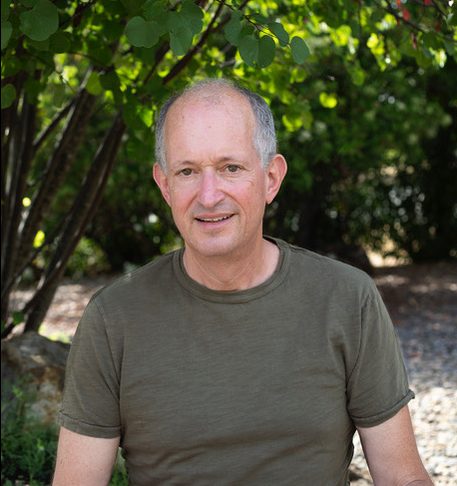Napa Valley Fumé CEO talks about the region’s new travel crop
By Rebecca Victoria Olmos | TheCannifornian.com Correspondent
Napa Valley, California, is a well-known destination for wine enthusiasts. The region’s Mediterranean climate is ideal for producing wine grapes, particularly Cabernet Sauvignon king red grapes.
In 2021 the average age of Cab drinkers hit over 65, according to one report, with younger demographics, like millennials showing less interest in wine purchases. The SF Chronicle reported that sales of Cabernet and wine generally have steadily declined over the last few years.
Entrepreneurs like Eric Sklar, a former winery owner, have shifted focus to a new crop to reel in visitors that also thrives in the region’s climate: Cannabis.

“[Cannabis is] a way for Napa to get young consumers up to Napa. Once we have them here, we can teach them more about the wine and the Napa valley lifestyle, but they don’t seem very interested in a $200 bottle cab right now.” Sklar shared.
Before pivoting into the cannabis industry, Sklar owned and operated a successful chain restaurant, Burrito Brothers. He recently sold his winery, Alpha Omega, and is now Co-Founder and CEO of the cannabis brand Napa Valley Fumé.
His skills and experience in business and politics have prepared him for his time as a cannabis business owner and operator. The wine and weed industries have many similarities.
They are both crops that turn into consumer goods. They are consumables for adult use, can inebriate you, are heavily regulated, and have chemical compounds, like terpenes, that affect the flavor.
Fumé Brands has two different brands, the affordable, Lake Grade, and the premium, Fumé. Both come from similar grows but are separated based on their quality value. The practice is a helpful strategy that Sklar took from his previous business experience.
In wine, blends come from different blocks of grapes the vineyard grows. In the blending process, winemakers end up with leftover barrels that don’t make the cut for their expensive labels, so they bottle it up at a lower price pint.
“[In] cannabis, similarly, we don’t do blending the same way, but you may have a couple rows of plants that maybe didn’t get quite the same sunlight. Maybe the soil’s not quite as rich. And so that may not make the cut for Fumé, but is perfectly good, you know. Really good cannabis and goes into our Lake Grade.”
Sklar aims to operate cannabis tasting rooms in Napa, much like wine tasting rooms. A consumption-friendly space where Fumé brands are offered and education would be a focal point. He believes that much like sommeliers are well versed and trained in the art of wine, so are budtenders in the art of cannabis.
“Eventually, I hope that we also have some tasting rooms of our own in the cannabis country. And our staff in those tasting rooms will help teach people, but, you know, we’re always going to depend on budtenders.”
Adult-use cannabis in California only became legal in 2018. There have been many reports that the industry is struggling at various levels, including over taxation, ongoing competition with the illicit market, and lack of representation.

In Napa Valley, cannabis faces a unique set of regional challenges. One was a complaint from winery neighbors about the smell of the plants. To help local officials understand that odor was a minor issue, Sklar set up an experiment where he placed markers at different spots up to 1000 feet away from the cannabis grow.
“I rolled down the windows. I said, can you smell anything unusual? And they couldn’t smell anything again at 500 feet; again at 250 feet, it was only 150 to 175 feet away that you could smell the cannabis.”
Despite this and other complaints from vineyard neighbors, Sklar remains optimistic about the future of cannabis and wine grapes thriving in the region simultaneously.
“I think it’s really an emotional reaction saying we don’t want anybody to invade our territory with any other thing than grapes. And so they’ve been fighting it,” Sklar shared. “I do think it’s just a matter of time cuz the younger generation of winemakers, the Robin Mondavi’s, Justin Hill, Stephanie Honig, young winemakers considerably younger than I am are saying that this is ridiculous. And I think by the time they’re controlling things, cannabis and grape growing will coexist really well.”


